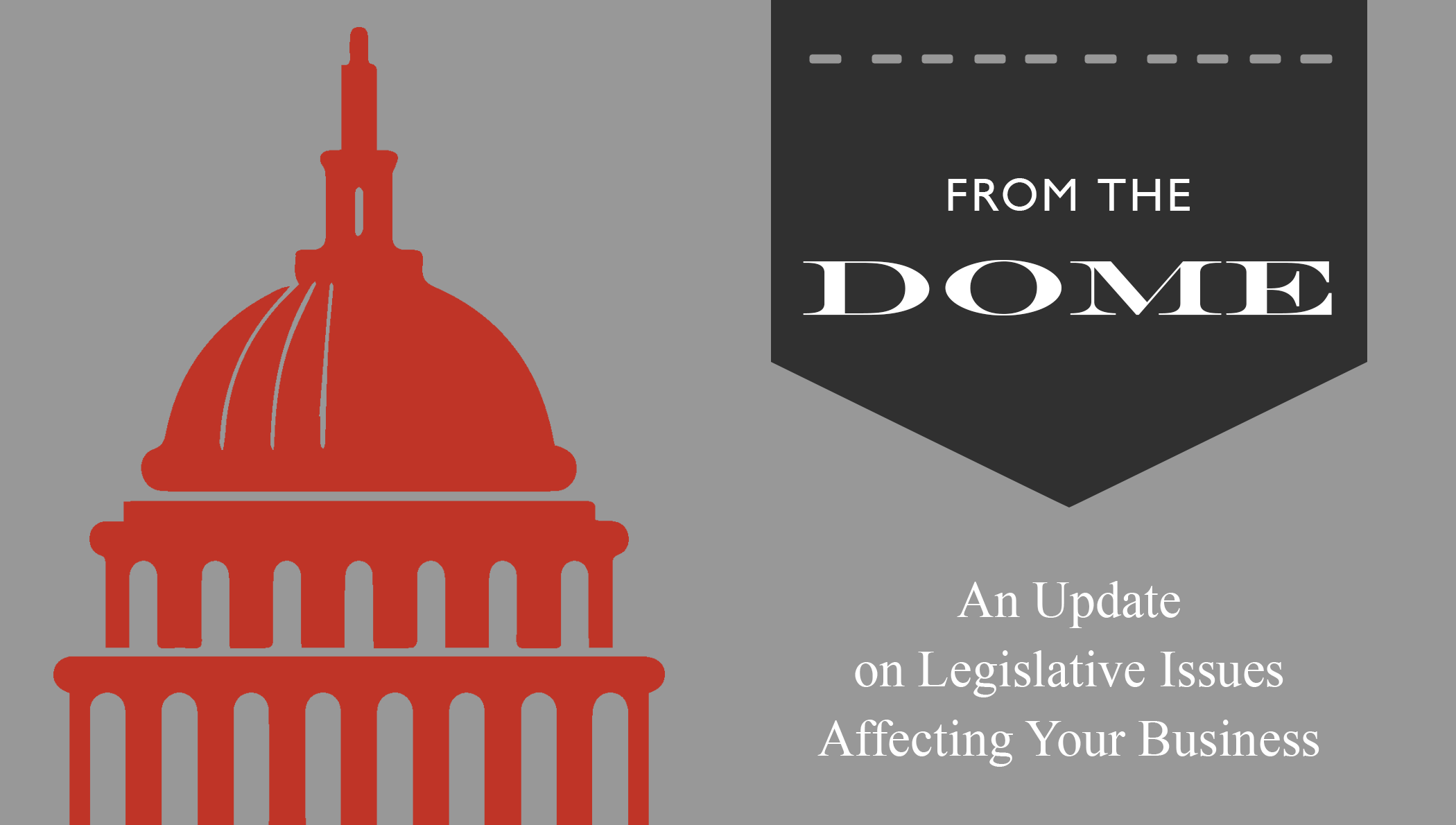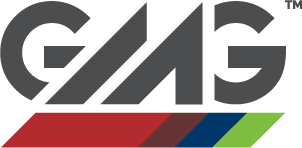
The Minnesota Legislature is in recess, returning to the Capitol on April 9 for a final sprint until they adjourn on May 21. This is an ideal time to talk with your legislators about the key issues of importance to you and your business before they resume work on your priorities.
Following is an update on the key issues that Legislators have been working on and are expected to tackle once back in session.
Be sure to stay tuned to this blog for further updates as the Legislative session progresses.
TAXES
Tax relief and reform will be front center when legislators return. Minnesota must enact tax reforms that respond to the new federal tax law or risk tax increases in excess of $400 million on many filers. There seems to be bipartisan agreement that state taxpayers should be shielded from this increase, but there are differences in how to accomplish this and which taxpayers should receive relief. Governor Dayton recently announced his proposal, which would unlink Minnesota’s tax system from the federal system. While the Governor’s tax plan would cut taxes for most income tax filers, it would raise them on many businesses (including reinstating the automatic inflator on state business property taxes) – a plan unlikely to go over well with the Republican majorities in the Legislature. It’s expected that the full details of the Governor’s tax proposal will be introduced very soon followed by proposals from the House and Senate Tax Committee chairs in mid-April.
The Minnesota Chamber has taxes as their number 1 priority and is pushing to protect last year’s business tax cuts and reduce rates for business and individual filers that would take Minnesota out of the top 5 states for taxes.
The Capitol is a very interesting place to observe. On one hand, there is a flurry of activity, but much of this work will ultimately be dependent on the Legislature and Governor agreeing on a tax bill. Until this happens, most of the real work and issues that follow will be placed in queue waiting for an agreement on taxes.
TRANSPORTATION
Legislative action in 2017 directed transportation-related sales taxes to be spent on the state’s roads and bridges. This includes 100% of the revenues generated from the sales tax on rental cars and approximately 60% of revenues generated from the sales tax on auto parts. Several groups, including the Minnesota Chamber, are working to support dedicating 100% of auto parts sales taxes to transportation through a constitutional amendment. However, this is opposed by many education and local government groups over fears it will crowd out other important needs in the general fund. A bill was recently introduced to put this question before voters on the November election ballot. It was approved by the Senate Transportation Finance Committee and awaits action by the Senate Rules Committee before it can move on to the Senate Taxes Committee and the Senate floor. Companion legislation in the House is expected to receive attention after the legislative break.
In addition, MnDOT is expected later this month to announce the projects that will receive a portion of the $400 million available in the latest round of Corridors of Commerce funding. Greater Mankato Growth has written letters of support for the remaining Hwy 14 segments and the Hwy 169 / Hwy 14 interchange.
HEALTH CARE
Two bills of note are making their way through the legislature:
1. Independent Health Policy Commission (HF 3823 / SF 3417)
Rising health care costs pose significant challenges for employers, employees and the state. This bill would establish an independent commission to review and recommend how Minnesota can better achieve improved access, care and health outcomes at lower costs through our commercial market and public programs. Both the House and Senate versions were approved by the relevant policy committees in each body and are awaiting action by the respective Health and Human Services Finance Committees.
2. Strengthening medical price transparency law (HF 3893 / SF 3480)
Health care costs are raising out-of-pocket costs for health insurance policyholders, forcing them to be better consumers of health care but often with incomplete information about cost. This bill would strengthen existing law, requiring providers and insurers to disclose the cost of medical procedures upon request and within 10 days. It also requires the disclosure of any facility fees or other charges to be paid by patients. The House and Senate versions were approved by all the relevant committees in both bodies and are awaiting action on the respective floors.
CHILD CARE
With child-care an issue top of mind for many, the Legislature is working on several key pieces of legislation.
1. Child-care provider grants (HF 3605 / SF 3316)
This bill would appropriate $519,000 to DEED for the Minnesota Child Care Grant Program, to increase the supply of child care in communities with a documented shortage of providers. Recipients must supply a 50% match. The House bill passed the Health and Human Services Reform Committee and was referred to the Job Growth and Energy Affordability Policy and Finance Committee. The Senate version was referred to the Senate Human Services Reform Finance and Policy.
2. Capital Grants (HF 4032 / SF 3578)
This bill would appropriate $5 million in bonding and $5 million from the general fund to provide grants to local governments and non-profits in Greater Minnesota to help cover up to 50 percent of the costs to build, upgrade or expand child care facilities.
3. Initiative Foundations (HF 2424 / SF 2090)
Provides $1.5 million to DEED for grants awarded to Initiative Foundations for the planning, coordination, training, and education necessary to expand child care access.
2. Child-care regulations (HF 3403 / SF 3310)
The number of licensed in-home family child-care providers has decreased by almost 30% across the state, according to the Minnesota Department of Employment and Economic Development and the Center for Rural Policy and Development. Legislators are concerned about the lack of quality and affordable child-care providers available in their communities. This bill would reduce redundant insurance paperwork and bring transparency in state regulations for providers. The House bill has passed two committees and was referred from the Health and Human Services Reform Committee to the House floor. The Senate bill was heard in the Human Services Reform Finance and Policy Committee and passed to the Senate consent calendar.
ENVIRONMENT
Environmental permitting (HF 3120 / SF 2705)
This Minnesota Chamber has been working on this bill which contains several provisions to further streamline environmental review and permitting at state agencies. It makes changes to the wetland mitigation law, establishes a peer review for new water quality standards, requires legislative approval for water quality fee increases and creates a 16-year permit for wastewater treatment plants. The House version was passed by the Environment and Natural Resources Policy and Finance Committee and is awaiting floor action. The Senate version passed the Environment Policy Committee and is in the Environment Finance Committee.




